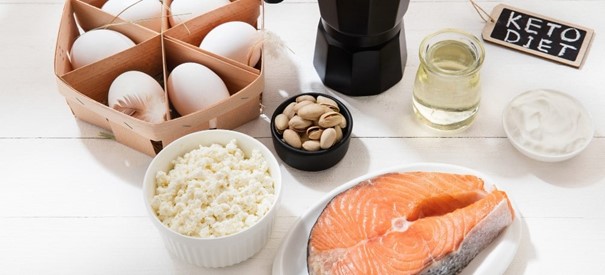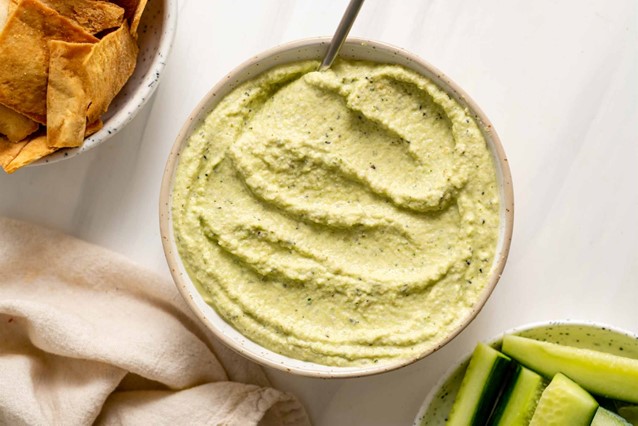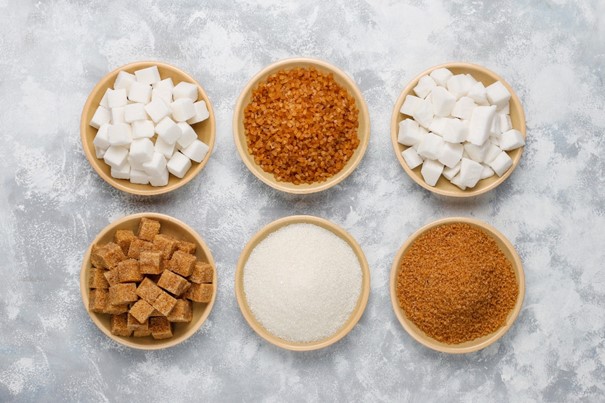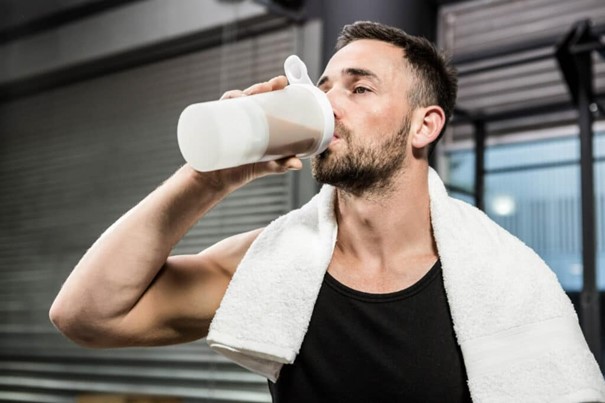Cholesterol is an important building block for your cells. To maintain good cardiovascular health, it’s crucial to have an appropriate ratio between the two types of cholesterol (HDL and LDL). HDL (good cholesterol) collects excess cholesterol and transports it to the liver where it is metabolized. In other words, HDL cleans your blood vessels. LDL (bad cholesterol) can oxidize faster, attaching itself to your blood vessels causing obstruction which is associated to a greater risk of cardiovascular disease.
For an optimum balance of HDL and LDL, you must consume enough healthy fats. Hence stay away from processed and saturated fats which decrease your LDL level and include more mono and polyunsaturated fats in your diet to increase your HDL level. In the keto diet, your body’s main fuel is fats, this can indeed increase your cholesterol levels, however if you stick to healthy fats, the condition of your blood vessels shall improve, and it will promote good heart health.
Read the full article of Go-keto to discover a list of some foods with healthy fats to include in your keto diet. Go-keto is an online boutique which offers a variety of keto friendly foods and supplements that shall accompany you throughout our keto program.




